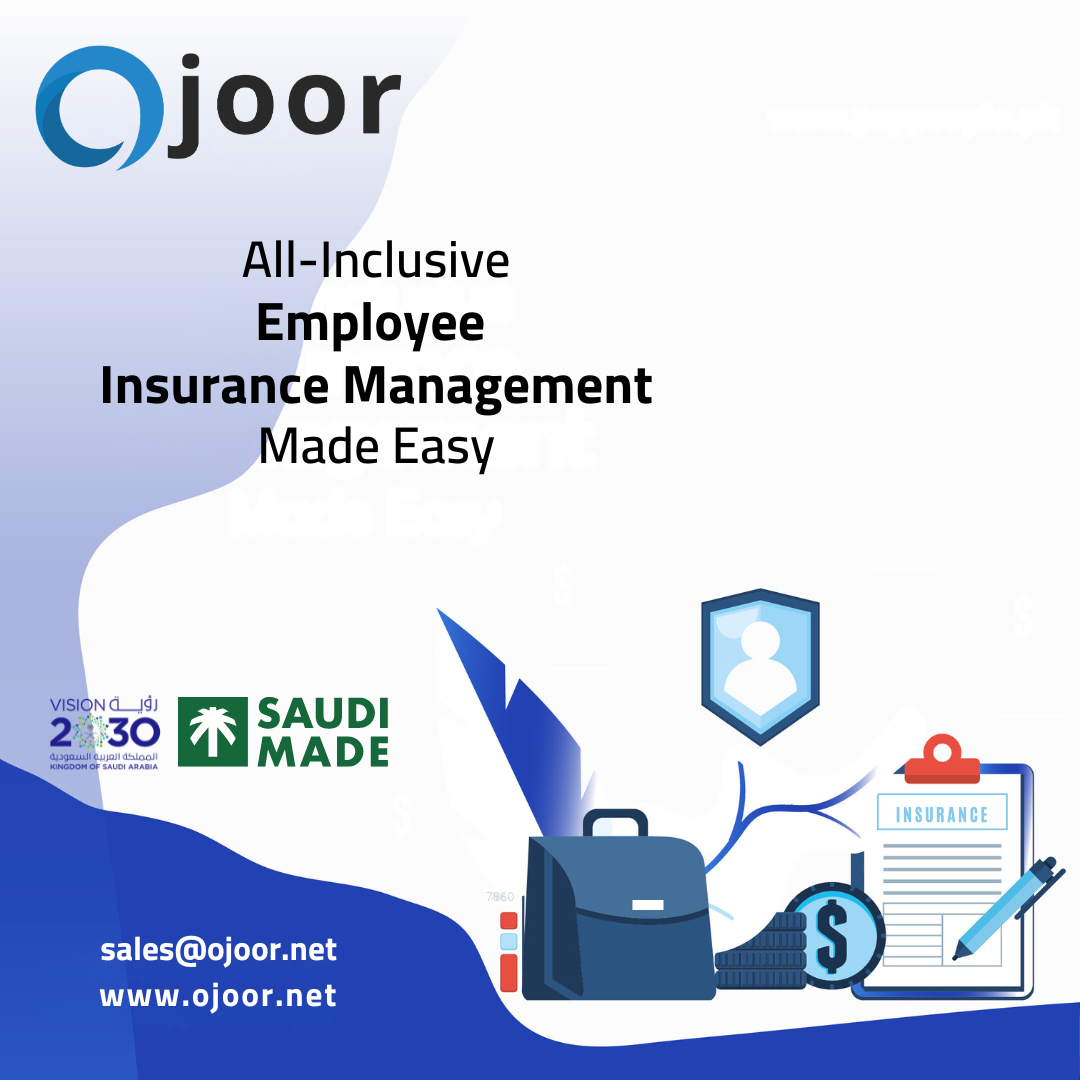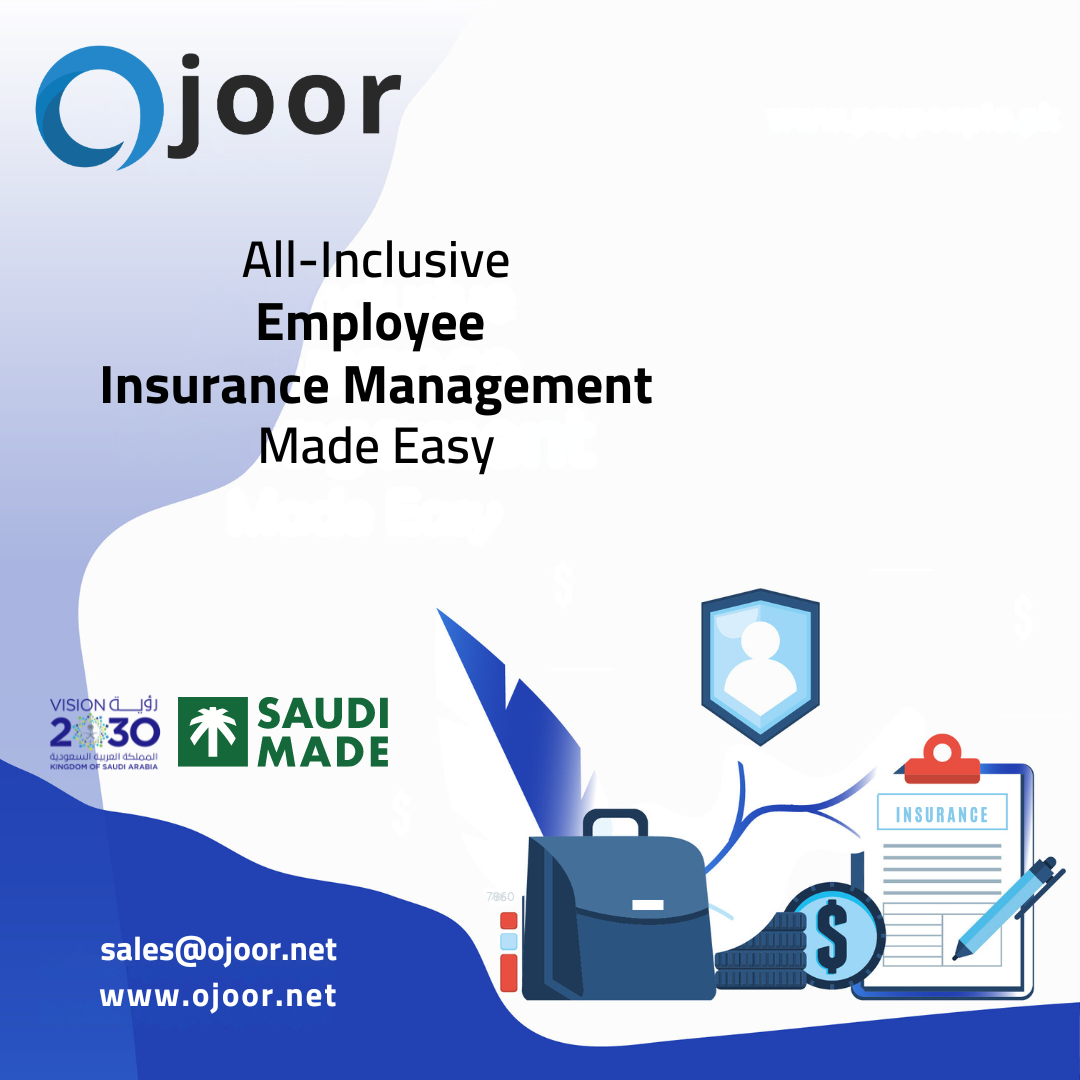Ojoor # 1 is one of the top Performance Reviews that are critical components of the employee evaluation process, providing feedback, setting goals, and facilitating development. In organizations, the responsibility for conducting performance reviews typically falls on specific individuals or groups tasked with evaluating employee performance. This article explores the roles and responsibilities of key stakeholders involved in conducting performance reviews in organizations, including managers, HR professionals, peers, and self-assessments.
Click to Start Whatsapp Chatbot with Sales
Mobile: +966547315697
Email: sales@Ojoor.net
Ojoor #1 Performance Reviews

Who typically conducts Performance Reviews in an organization?
Managers and Supervisors
Managers and supervisors play a central role in conducting Performance Reviews as they directly oversee employees’ day-to-day work and interactions. Their responsibilities include:
Evaluating Employee Performance
Managers assess employees’ job performance, productivity, quality of work, and adherence to organizational goals and standards. They gather feedback from direct observations, project outcomes, and interactions with employees to evaluate performance comprehensively.
Providing Feedback
Managers provide constructive feedback to employees on their strengths, areas for improvement, and developmental needs. They discuss performance expectations, goals, and performance metrics, offering guidance on how employees can enhance their performance and achieve their objectives.
Setting Goals and Expectations
Managers collaborate with employees to set clear, measurable, and achievable Performance Reviews goals aligned with organizational priorities and individual career aspirations. They establish performance expectations, milestones, and targets to guide employees’ work and track progress over time.

Who typically conducts Performance Reviews in an organization?
Conducting Performance Discussions
Managers conduct formal HR Management System discussions with employees to review performance feedback, discuss goal progress, and address any performance-related concerns or issues. They create a supportive and constructive environment that encourages open dialogue and collaboration.
Making Performance Decisions
Based on performance evaluations and discussions, managers make decisions related to compensation, promotions, career development, and performance improvement plans. They identify high-performing employees, recognize achievements, and address performance issues proactively.
Human Resource Professionals
Human Resource (HR) professionals provide guidance, support, and oversight throughout the performance review process. Their responsibilities include:
Developing Performance Review Policies and Procedures
HR professionals develop and maintain Payroll Management System policies, procedures, and guidelines that define the review process, criteria, timelines, and expectations. They ensure that performance reviews are conducted consistently and fairly across the organization.
Training Managers and Employees
HR professionals provide training and resources to managers and employees on performance review best practices, communication skills, and performance management techniques. They ensure that managers have the necessary skills and tools to conduct effective performance reviews.
Facilitating Performance Review Meetings
HR professionals may facilitate performance review meetings between managers and employees, particularly for sensitive or challenging discussions. They provide guidance, mediation, and support to ensure that performance discussions are constructive and productive.
Monitoring Performance Review Compliance
HR professionals monitor compliance with performance review policies and procedures, ensuring that reviews are conducted timely, fairly, and consistently. They address any issues or discrepancies and provide guidance on corrective actions as needed.
Analyzing Performance Data
HR professionals analyze performance review data to identify trends, patterns, and areas for improvement. They track key performance metrics, such as employee satisfaction, turnover rates, and performance ratings, to assess the effectiveness of the performance review process.
Peers and Coworkers
Peers and coworkers may also play a role in providing feedback and input during the performance review process. Their responsibilities include:
Providing Peer Feedback
Peers and coworkers provide feedback on colleagues’ performance based on their observations, interactions, and collaborations. They offer insights into employees’ teamwork, communication skills, and contributions to team projects.
Participating in 360-Degree Feedback
Some organizations incorporate 360-degree feedback into the performance review process, where employees receive feedback from multiple sources, including peers, supervisors, and subordinates. Peers provide feedback on colleagues’ strengths, areas for improvement, and overall performance.
Contributing to Performance Discussions
Peers may participate in performance review discussions with managers and employees to provide additional context, examples, or perspectives on employees’ performance. They contribute insights into employees’ collaboration, teamwork, and interpersonal skills.
Self-Assessment
Employees are often asked to conduct self-assessments as part of the performance review process. Their responsibilities include:
Reflecting on Performance
Employees reflect on their job performance, accomplishments, challenges, and areas for growth. They assess their strengths, weaknesses, and contributions to the organization, providing insights into their own performance from a self-awareness perspective.
Setting Personal Goals
Employees set personal and professional goals for development, growth, and career advancement. They identify areas where they want to improve, acquire new skills, or take on additional responsibilities, aligning their goals with organizational objectives.
Participating in Performance Discussions
Employees participate in performance review discussions with their managers to review their self-assessments, receive feedback, and discuss goal progress and future development opportunities. They engage in open dialogue, seek clarification, and collaborate with managers to enhance their performance and achieve their objectives.
Conclusion
In conclusion, conducting performance reviews in organizations involves collaboration and coordination among various stakeholders, including managers, HR professionals, peers, and employees themselves. Managers play a central role in evaluating employee performance, providing feedback, setting goals, and making performance-related decisions. HR professionals provide guidance, support, and oversight throughout the review process, ensuring compliance with policies and procedures. Peers and coworkers offer feedback and input on colleagues’ performance, while employees conduct self-assessments, set goals, and participate in performance discussions with their managers. By involving multiple stakeholders and fostering open communication and collaboration, organizations can ensure that performance reviews are comprehensive, fair, and effective in driving employee development and organizational success.
Click to Start Whatsapp Chatbot with Sales
Mobile: +966547315697
Email: sales@Ojoor.net
Performance Reviews
Performance Reviews
Performance Reviews
Who typically conducts Performance Reviews in an organization? similar software solutions prices were updated on 2024-04-27T12:46:49+00:00 in Saudi Arabia in Mecca, Medina, Riyadh, Khamis Mushait, Yanbu, Jeddah, Dammam, Unaizah, Uqair, Ha’il, Ta if, Al Bahah, Dhahran, King Abdullah Economic City, Najran, Diriyah, Qatif, Khafji, Jubail, Abqaiq, List of Cities and Towns in Saudi Arabia, Ras Tanura, Turubah, Jazan Economic City, Knowledge Economic City, Medina, Khobar, Abha, Tabuk, Saudi Arabia, similar software solutions prices were updated on 2024-04-27T12:46:49+00:00 We also provide in Saudi Arabia services solutions company in Hafar Al-Batin, Udhailiyah, Al-Awamiyah, Hofuf, Hautat Sudair, Buraidah, Tayma, Duba, ‘uyayna, Saihat, Al-Kharj, Al-ula, Jizan, Rumailah, Ar Rass, Arar, Shaybah, Al Majma’ah, Rabigh, Dhurma, Haradh, List of Saudi Cities by Gdp Per Capita, Badr, Sudair Industrial City, Baljurashi, Shaqraa, Al-Khutt, Habala, Ad Dawadimi, Dawadmi, Layla, similar software solutions prices were updated on 2024-04-27T12:46:49+00:00 Price is SAR 100 and this was updated on updated on 2024-04-27T12:46:49+00:00 similar Who typically conducts Performance Reviews in an organization? software solutions prices were updated on 2024-04-27T12:46:49+00:00 in Saudi Arabia in Haql, Afif, Al-Abwa, Farasan, Al-Jaroudiya, Thadig, Al-Thuqbah, Al Wajh, Almardmah, Al-Zilfi, Muzahmiyya, Prince Abdul Aziz Bin Mousaed Economic City, Tharmada’a, Skaka, Um Al-Sahek, Sharurah, Tanomah, Bisha, Dahaban, Al Qunfudhah, Qurayyat, Saudi Arabia, Ha’ir, as Sulayyil, Al Lith, Turaif, Al-Gway’iyyah, Samtah, Wadi Ad-Dawasir, Az Zaimah, Safwa City, Jalajil, Harmah, Mastoorah, Hotat Bani Tamim, Jabal Umm Al Ru’us, Rafha, Qaisumah, Al-Ghat, Hajrah, Al-Hareeq. Excerpt: Jeddah (also spelled Jiddah, Jidda, or Jedda; Arabic: Jidda) is a Saudi Arabian city located on the coast of the Red Sea and is the major urban center of western Saudi Arabia similar software solutions prices were updated on 2024-04-27T12:46:49+00:00 Price is SAR 100 and this was updated on updated on 2024-04-27T12:46:49+00:00
1-3-2024



